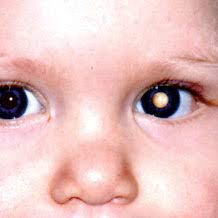Breast Cancer Surgery Cost in India

Breast Cancer Surgery Cost in India - India excels in breast cancer surgery, offering state-of-the-art treatments with compassionate care. Renowned medical facilities provide a range of surgical interventions, including mastectomies and breast-conserving procedures. Expert oncologists utilize advanced technology, ensuring precise and effective treatments. India's healthcare sector prioritizes affordability and quality, making it a leading destination for breast cancer care.



